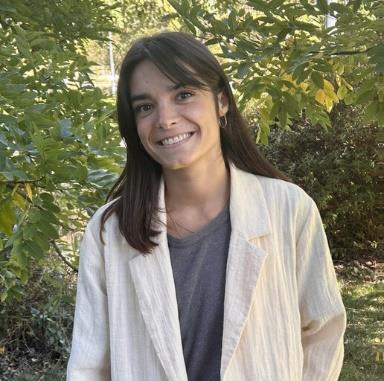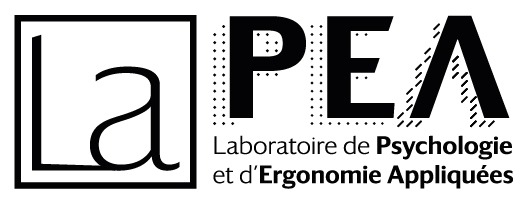This research aims to identify the most relevant methods and tools for driving skill assessments to guide professional practices.
Résumé :
Non-evolutive acquired brain injuries such as traumatic brain injury, stroke, cerebral anoxia or encephalitis, affect people from cognitive, behavioural and sensorimotor damage. These disorders should hind their driving abilities, increasing crash risk by more than twice. Consequently, since 2005, legislation has requested that people who suffer from brain injury visit a registered doctor to keep their driving license valid. Then, the 2022 decree dated march 28th requires that registered doctors take into account elements of patients’ multiprofessional assessment. In 2016, the French Health Authority (HAS) certified a recommendation list written by four different care organizations. Some items recommend a cognitive assessment with a neuropsychologist, a sensorimotor assessment with an occupational therapist, and an on-road assessment with a rehabilitation practitioner and a driving school instructor. Practitioners in rehabilitation centres are used to applying the main recommendations despite the lack of consensus about the methods and tools used. Therefore, this study aims to identify the most relevant methods and tools for driving skill assessments to guide professional practices. The first multicentre study will investigate the sensibility and specificity of both neuropsychological tests and an on-road evaluation table, through correlation and concordance analysis. The second study uses an action research approach in a bid to improve field practices on the bases of experiences shared by professionals during focus groups. Thus, practitioners have already codesigned a protocol assessment (used in the first study) that they will improve several times until optimal practice. Third, a longitudinal study will find out the benefits of these assessments and of the educational support on driving habits, behaviour and on car crash risk.
Mots Clés : brain injury, driving assessment, road safety
Directrice de Thèse
Catherine Gabaude, directrice de recherche — Université Gustave Eiffel
À lire aussi

Séminaire de Corentin Gonthier : “Repenser la cognition de haut niveau comme un système complexe”
Jeudi 2 mai 2024 à 10h30 en salle 1045 Corentin Gonthier, Professeur des Universités, Nantes Université, IUF https://www.univ-nantes.fr/corentin-gonthier © Résumé : Les aptitudes cognitives de haut niveau, comme l'intelligence ou la créativité, peuvent être conçues...

Séminaire de Léonie Messmer : Examen des modérateurs de l’effet de l’implémentation d’intention sur le changement comportemental volontaire : rappels mobiles, imagerie mentale et motivation
Jeudi 25 avril 2024 à 10h30 en salle 3037 © Résumé : Force est de constater que les individus motivés pour modifier leurs conduites dans un sens défini, n’agissent pas systématiquement en suivant celui-ci. Il existe donc, en contexte réel, un écart entre intentions...

Séminaire de Mélody Mailliez : Explication de l’influence des émotions incidentes sur les jugements et la prise de décision au travers de leurs évaluations cognitives de certitude : Tentatives de réplication des résultats de Tiedens et Linton (2001) et extension à l’aversion aux algorithmes.
Jeudi 15 février 2024 à 10h30 en salle 3015 © Résumé : L’Appraisal Tendency Framework (Han et al., 2007) est l’un des cadres théoriques les plus utilisés afin de rendre compte de l’influence des émotions incidentes (i.e., émotions non reliées à la tâche en cours)...

Doctoriales au Croisic
Cette année, les doctoriales AME ont eu lieu du 27 au 29 novembre 2023 au Croisic.Les doctorant.e.s du LaPEA étaient nombreus.ses à y participer, accompagné.e.s de Valérie Gyselinck et de Catherine Gabaude. À lire aussi
